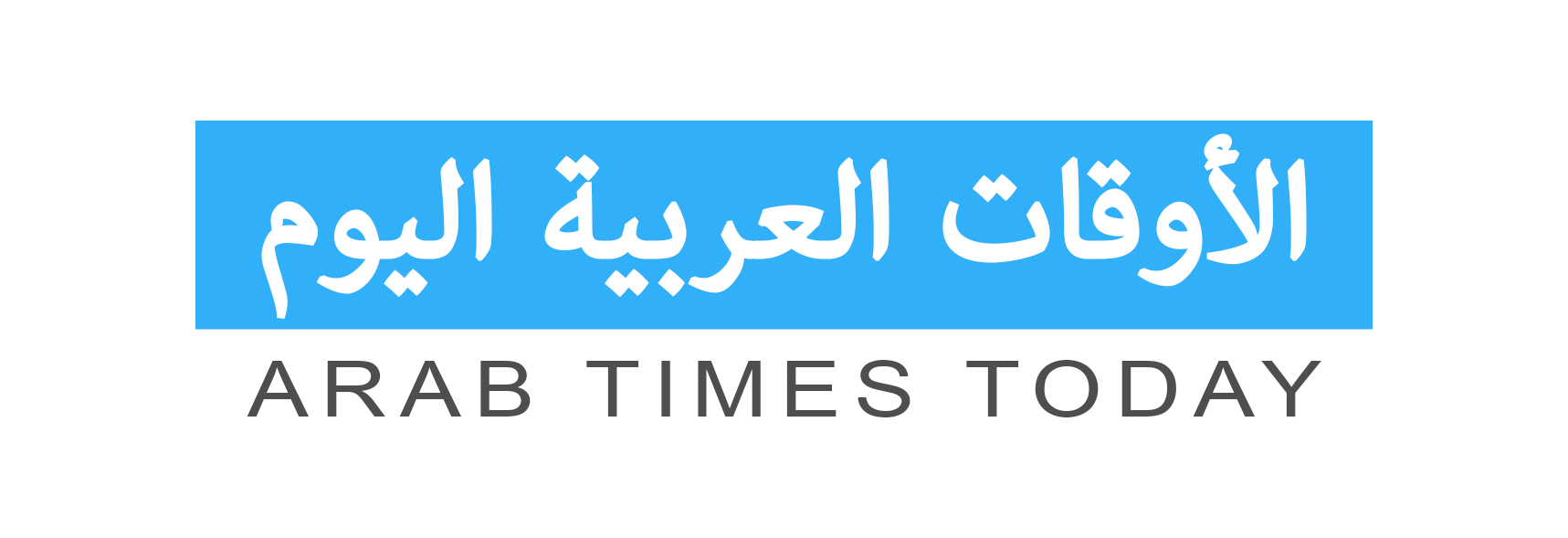Parents say children are less stressed while teachers report better work-life balance.
Pupils at 127 Sharjah private schools are happier, more motivated and performing better academically, a study by education authorities in the emirate has found.
Conducted in January and February this year, the survey also found that a shorter school week meant better work-life balance and increased motivation for teachers and staff.
The Sharjah Private Education Authority study involved 31,198 families from more than 70 nationalities, with 66 per cent of respondents being mothers. They were asked to evaluate their well-being and happiness in percentage terms.
Improvements revealed by the survey are attributed to the introduction of the three-day weekend by the Sharjah government more than a year ago.
Respondents reported 77 per cent improvement in their children’s academic achievement, 78 per cent in social skills, 74 per cent in problem solving, 73 per cent in time management and 74 per cent in stress management.
The findings also showed an 81 per cent increase in daily school attendance and a 75 per cent rise in participation in extra-curricular activities.
This has contributed to an overall increase in happiness and well-being among Sharjah pupils.
The study found that 88 per cent of pupils are now spending more time with their families, with 80 per cent of them engaging in regular exercise, and 87 per cent visiting landmarks and cultural sites in the emirate.
Happier parents
One parent, Riham Ahmad, from Jordan, 42, who has three children in grades five, seven, and nine, said she enjoyed one day less of dropping them off and picking them up.
“One day less driving back and forth from school is truly a blessing, especially since it’s really congested around home time and I almost never find a place to park my car,” she said.
“I also noticed a significant change in my children’s attitude towards school and life in general.”
She said they were much more relaxed and focused on their studies.
“We have been spending more quality time together as a family as well,” she said.
Shireen Faheem, 39, from Egypt, said her two children in grades four and six were clearly happier with the long weekend.
“They didn’t like that their school day was extended by nearly an hour but nonetheless they show more happiness going to school than they used to before the long weekend,” she said.
Nearly 7,000 teachers and staff members, representing 43 per cent of the emirate’s private schools, took part in the survey.
Ninety per cent reported enjoying a better work-life balance, 91 per cent said they were spending more time with family and 88 per cent reported being more motivated to work.
Analysing open-ended comments by parents, the study found that the most frequently used words included ‘time’, which was expressed 5,662 times, ‘family’, used 2,348 times and the word ‘kids’, used 1,527 times.
Dr Muhadditha Al Hashimi, chairwoman of SPEA, said the shorter workweek had led to substantial improvements in the quality and performance of all aspects of the educational system.
“It has bolstered the system’s competitiveness, provided it with a valuable experience and also positioned it as a successful and inspirational role model,” she said.
“It has additionally empowered staff, pupils and parents to perfectly manage their time, which subsequently leads to a better quality of life, happiness and exceptional educational results.”
The study recommended more effective use of leisure time on weekends, urging pupils to engage in diverse activities that improve their personal and cognitive skills.
It advised more collaboration with relevant private-sector establishments to identify and support talents among pupils.
The research also drew attention to the importance of adopting smart and flexible approaches to teaching.
Sharjah three-day weekend — in pictures
:quality(70)/cloudfront-eu-central-1.images.arcpublishing.com/thenational/KENDBPD7XJDGLHI6BS5XQ3SCOU.jpg)


:quality(70)/cloudfront-eu-central-1.images.arcpublishing.com/thenational/7ZKSTYT3XJG2BI5M2GCACNXTWE.jpg)
:quality(70)/cloudfront-eu-central-1.images.arcpublishing.com/thenational/BPDHKT4YXNHUTCTTHQCPCMJKFI.jpg)
:quality(70)/cloudfront-eu-central-1.images.arcpublishing.com/thenational/V7FGZLPXARFVTAFEUPPVFT3IWA.JPG)